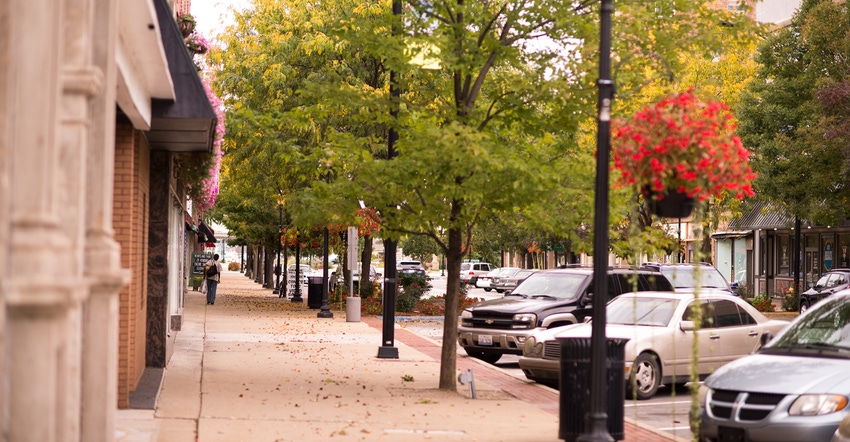March 7, 2019

“Dozens of people confronted the school board tonight …”
It’s the kind of 10 o’clock news leadoff that makes any rural school board member cringe. Anytime. Anywhere. Because they’ve likely been there, done that, been chewed out. Didn’t get the T-shirt. Maybe gave up on the school board.
The county fair board member could tell the same story. I watched a couple of years ago as a belligerent parent cussed out a fair board member because he didn’t like the rules for the rabbit scramble. He was red-faced and angry, as if somebody were taking away his actual rights as a living human being — not just telling him he couldn’t go out on the racetrack with his kid during an optional, free event.
That’s what we’d call a disproportionate response at our house. Or as my kids would say, “You’re at a 10. I’m gonna need you to bring it down to a 2.”
Today, the mere mention of school consolidations, tax assessments, beer tents or — oh, my word — the Pledge of Allegiance can cause people to lose their ever-living minds. Outrage is always at hand. Never mind the facts.
Some years ago, our community went through a contentious consolidation vote (that’s redundant, I know). I was talking one day with a man whose kids were in high school, who was a vocal opponent of the consolidation. Mine were still young so I asked him about the top math and science courses offered at the high school. He had no idea. Still, opposed.
That conversation stuck with me. When we can’t gather basic facts of a situation, or when we can’t consider all the facts of the situation, we can’t make an informed decision. We can’t have an intelligent conversation with our elected officials — say, a school board member — when we don’t take time to understand school policy. Sometimes, that policy dictates that a board cannot talk about a particular issue beyond the administration, such as faculty, for example. But too many people sit in a school board meeting and assume if it’s not said to them, it’s not said at all.
Or people don’t understand how it all works. Like when someone decides not to participate in the floral hall because the fair board sold the building. Hint: Your boycott doesn’t affect ownership. It just kills the fair.
Outrage cycle
And now, of course, we can take all this to social media, where the outrage cycle rewards a hot take or a spicy comment. Where everyone can get whipped into a frenzy, at least until the next outrage comes along.
And where people think they can say whatever they want without consequence, so long as they tack on “just my opinion” or my personal least-favorite, “just saying.” Just don’t. Please.
It’s lack of respect that drives those kinds of comments. Every year, I read through lists of organizations and boards that the Master Farmers serve on. For Marty, Jim, Bill and Boyd, you can see hours and days and years documented in the work they’ve done. The committees they’ve organized. That’s time away from their families, to make a better community for their friends and families. If I’ve learned anything in 20 years of covering Master Farmers, it’s that the work done in rural communities matters.
And yet, I wonder how it feels to them, to have a loud, belligerent, uninformed yet highly opinionated community member confronting them about the latest outrage. It used to be, you got talked about around town. Maybe you got an angry phone call. The modern version lets you be vilified on social media, where anyone can jump in, and it can fly around the world in seconds, and your kids and grandkids can read it.
We need to respect authority, leadership and experience — and unpaid volunteers who take time away from their families to serve the community.
The buck stops
Sometimes, our outrage is misplaced. Like when a community member stirs up a furor at the school over kids who can’t get into the building early on a cold day. What about the parent who dropped those kids off too early in the cold?
Our rural communities are being stymied by a lack of fact-gathering, the outrage cycle and lack of respect for authority. The very real outcome of all this is people will quit volunteering. The cons of serving the community will eventually outweigh the pros. Look no further than the field of education; teachers are quitting already.
Friends, we don’t have time for this. Rural communities can’t afford to traffic in outrage. We’ve got too many real problems to deal with.
Comments? Send email to [email protected].
You May Also Like




